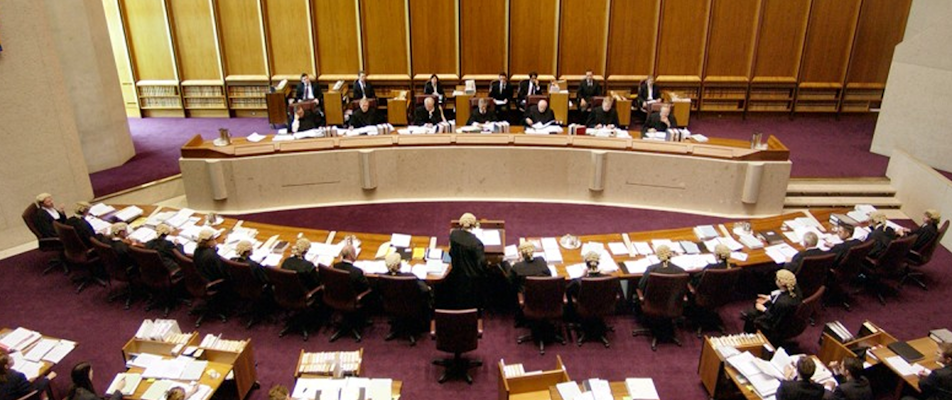

Earlier in the year the South Australian Business Chamber communicated an important Federal Court decision, CFMMEU v OS MCAP Pty Ltd [2023] FCAFC 51, which impacted on how employers can handle rostering employees on public holidays.
The decision resulted in requiring employers to request employees to work on public holiday before they are actually required to work the day. This meant that an employer could not automatically roster an employee to work a public holiday before they had made the request to the employee. If an employer did not make the request ahead of time and the employee worked the public holiday, it meant that the working of that holiday was unlawful and a breach of the Fair Work Act.
On Tuesday 21 November 2023, the High Court refused special leave to appeal the decision which means the above decision will stand. This is a significant decision which will impact employers, particularly in light of the upcoming Christmas and New Year Period.
The Fair Work Act provides that employees are entitled to be absent from work on a public holiday, however an employer may request an employee to work a public holiday if the request is reasonable. The Act provides that an employee may refuse an employers request if the request as not reasonable or if the refusal was reasonable.
The Full Court determined in the decision that an employee’s entitlement to be absent from work is only extinguished where the employer has requested that an employee work the public holiday and either the employee agrees to work or the employee has refused but the refusal is unreasonable. Regardless, the employer must make the request to the employee in order for the employee to be able to lawfully work on the public holiday.
A request is considered to be where an employer is effectively providing an employee with a choice to decide whether or not they would like to work on the public holiday. Importantly for employers, an employee cannot refuse unreasonably. A recent decision from the Federal Court held that by simply issuing a roster in advance without first confirming with the employee that the roster was either a draft or open for discussion did not count as a request. This means that employers cannot rely on their roster system to satisfy the new requirements from this decision.
What do employers need to do?
With Christmas and New Year period only weeks away, employers who are intending to operate on public holidays over that period need to act with urgency. If they haven’t already, employers need to communicate with staff and request that they work the public holidays. If rosters have already been issued without a prior request, employers should immediately communicate with employees advising that the roster is a draft and that the employee has a right to reasonably to refuse to work those days. Rosters should be provided in draft format and contain a note requesting employees who have been rostered to work on the public holidays indicate whether or not they accept the draft or would like to refuse the roster. Alternatively, an employer may issue a request to employees before any roster is issued.
For future public holidays, employers will need to create a system whereby requests to work public holidays, and the associated responses from employees are generated before any rostering takes place, whether that be through issuing draft rosters or individual requests to employees.
Of note, the decision did touch on employment contracts containing specific wording around an employer’s expectation to work public holidays. Employment contract terms have not been tested in this space however based on the Federal Courts decision, it appears unlikely that it will be accepted that an all-encompassing clause in a contract would constitute a request. Employers should instead consider amending contracts to state that an employee may be requested to work on public holidays and that where the request is made it can only be refused if unreasonable.
How we can help?
Our team of Industrial Relations specialists are on hand to help you navigate through this new requirement and we can also provide you with assistance in creating a system for managing this in the future. Get in touch with our Business Advice Hotline today on 8300 0000 (select option 1) and read more about our workplace relations team on our website.
